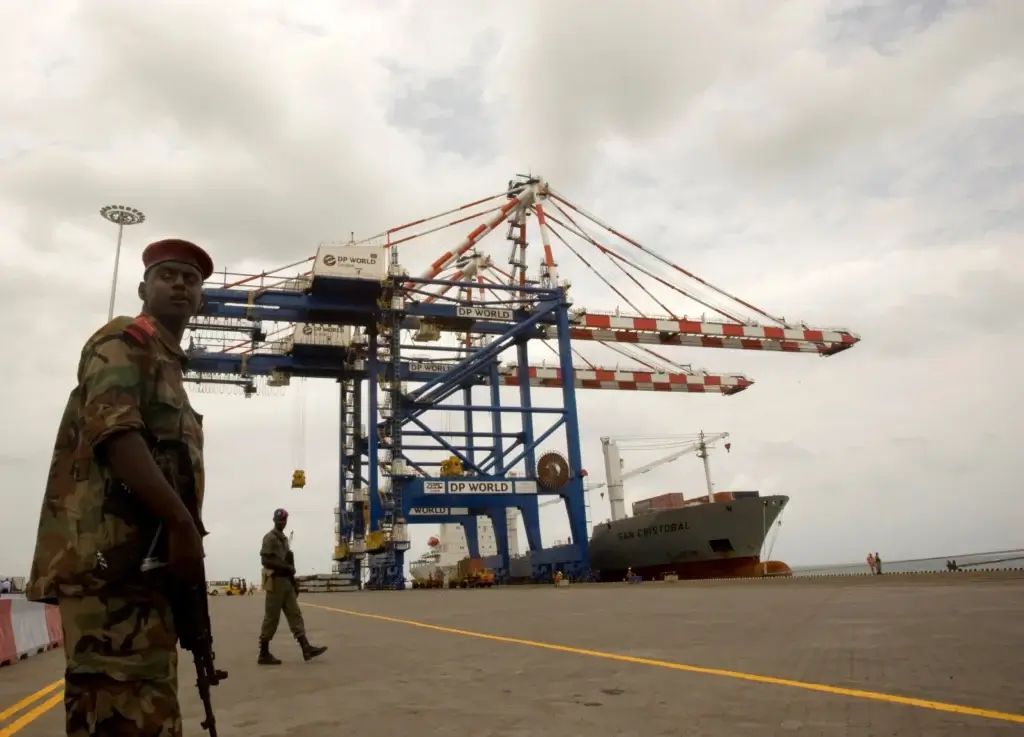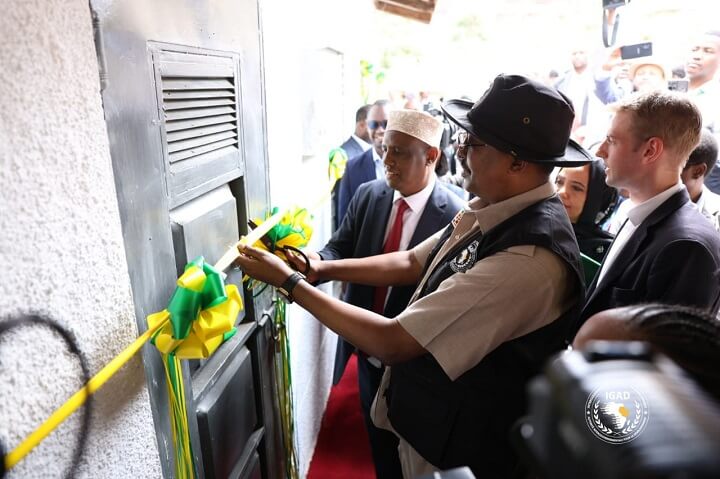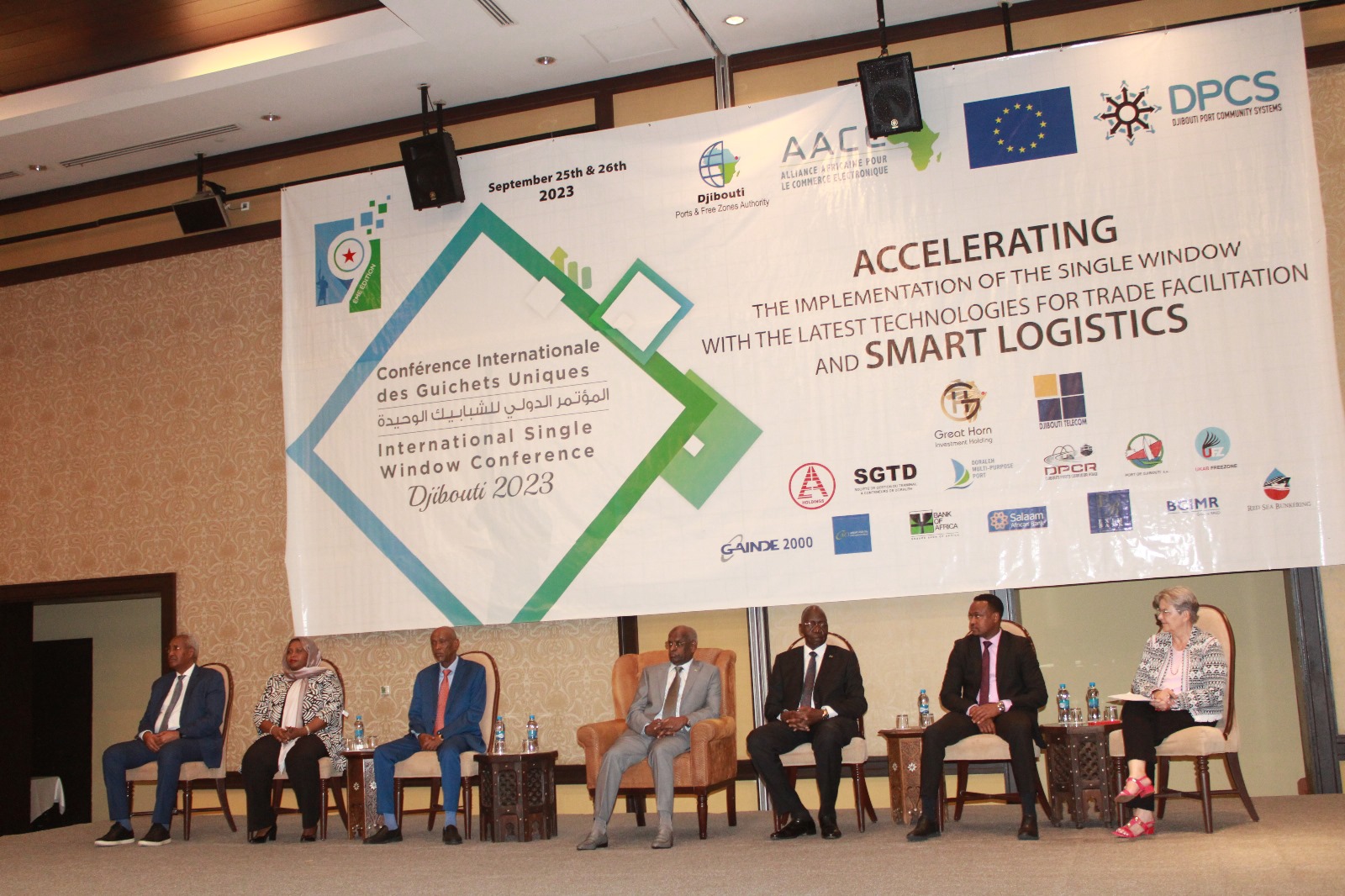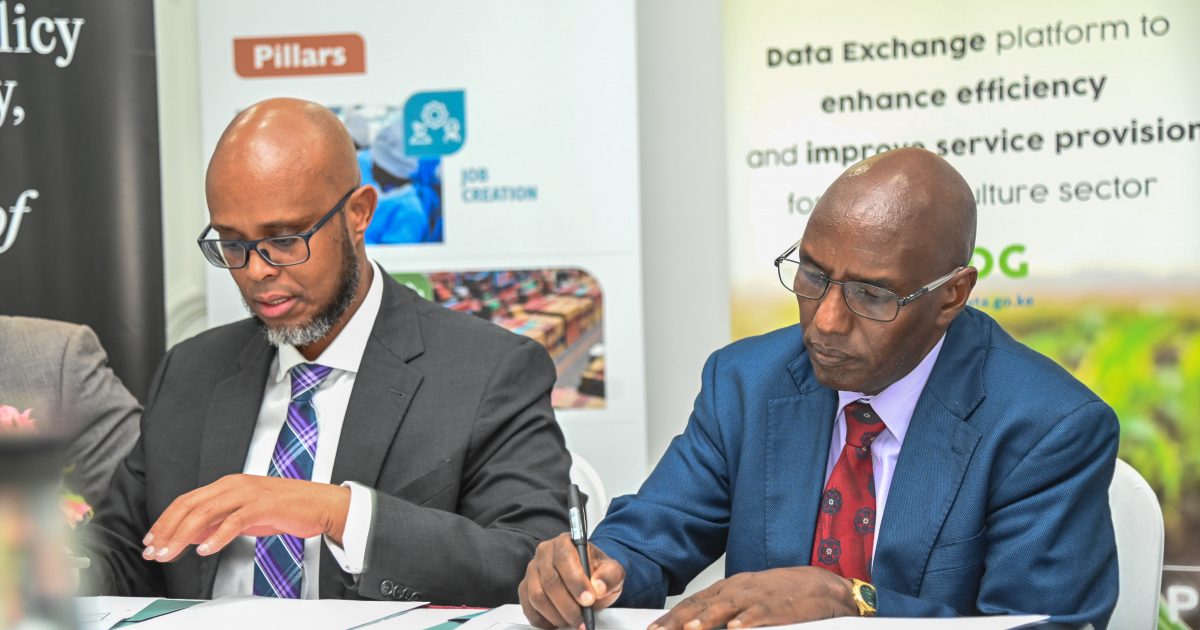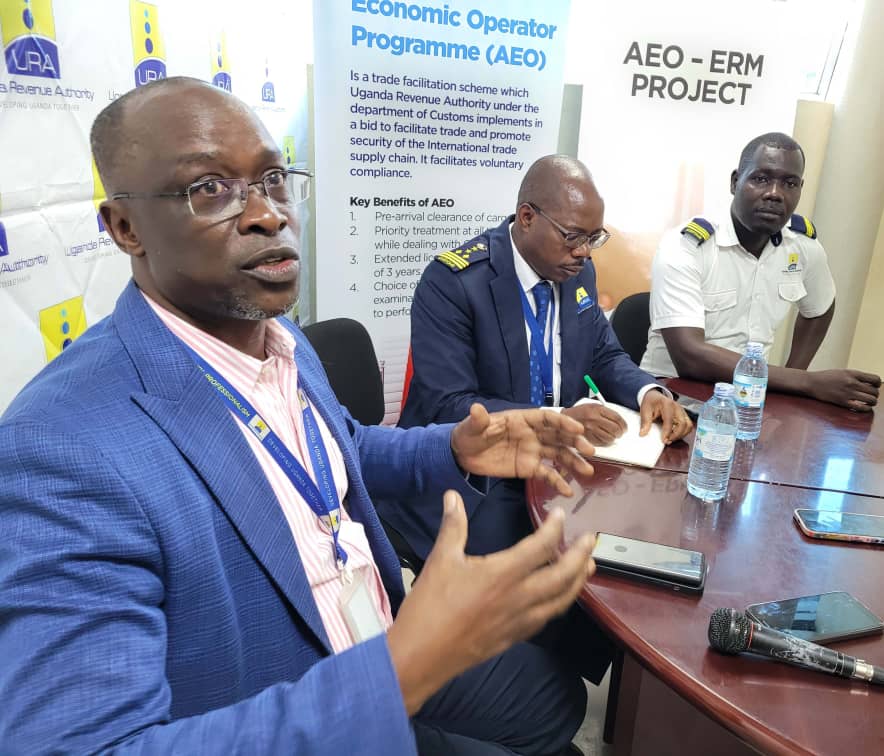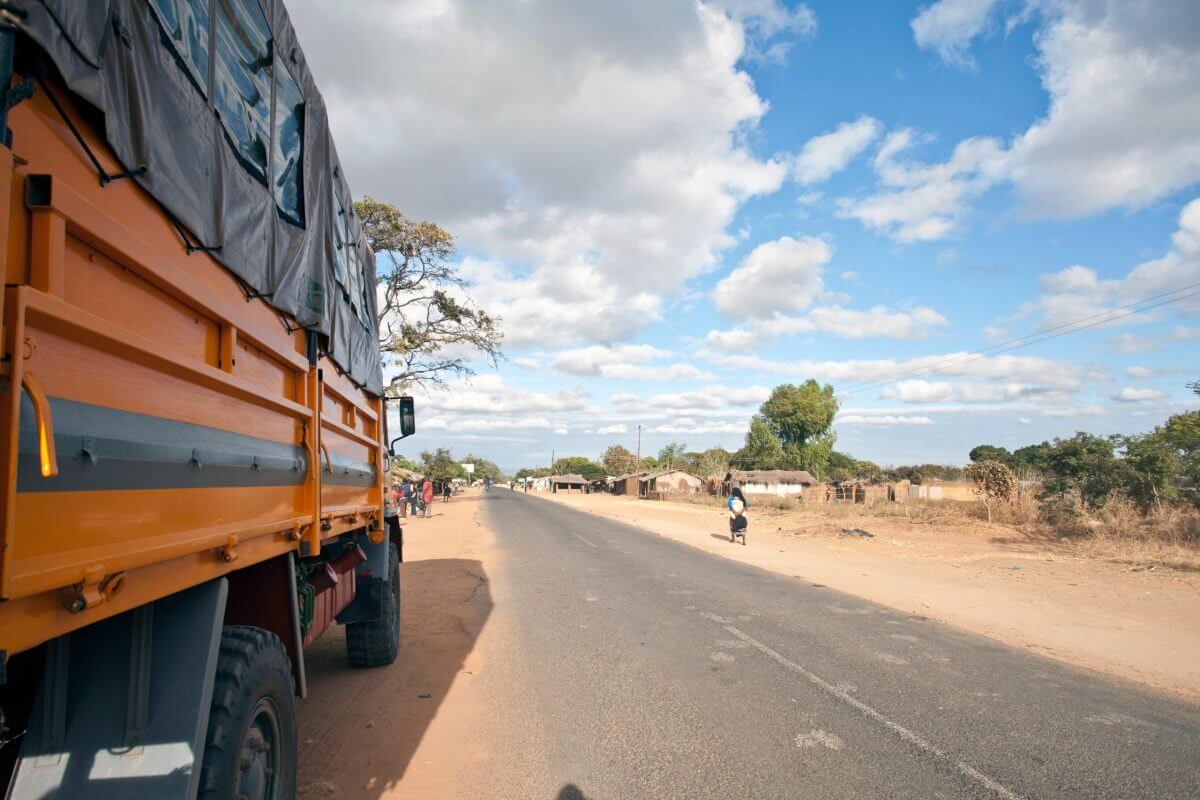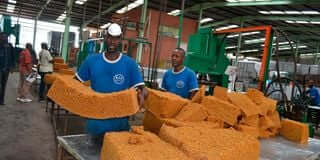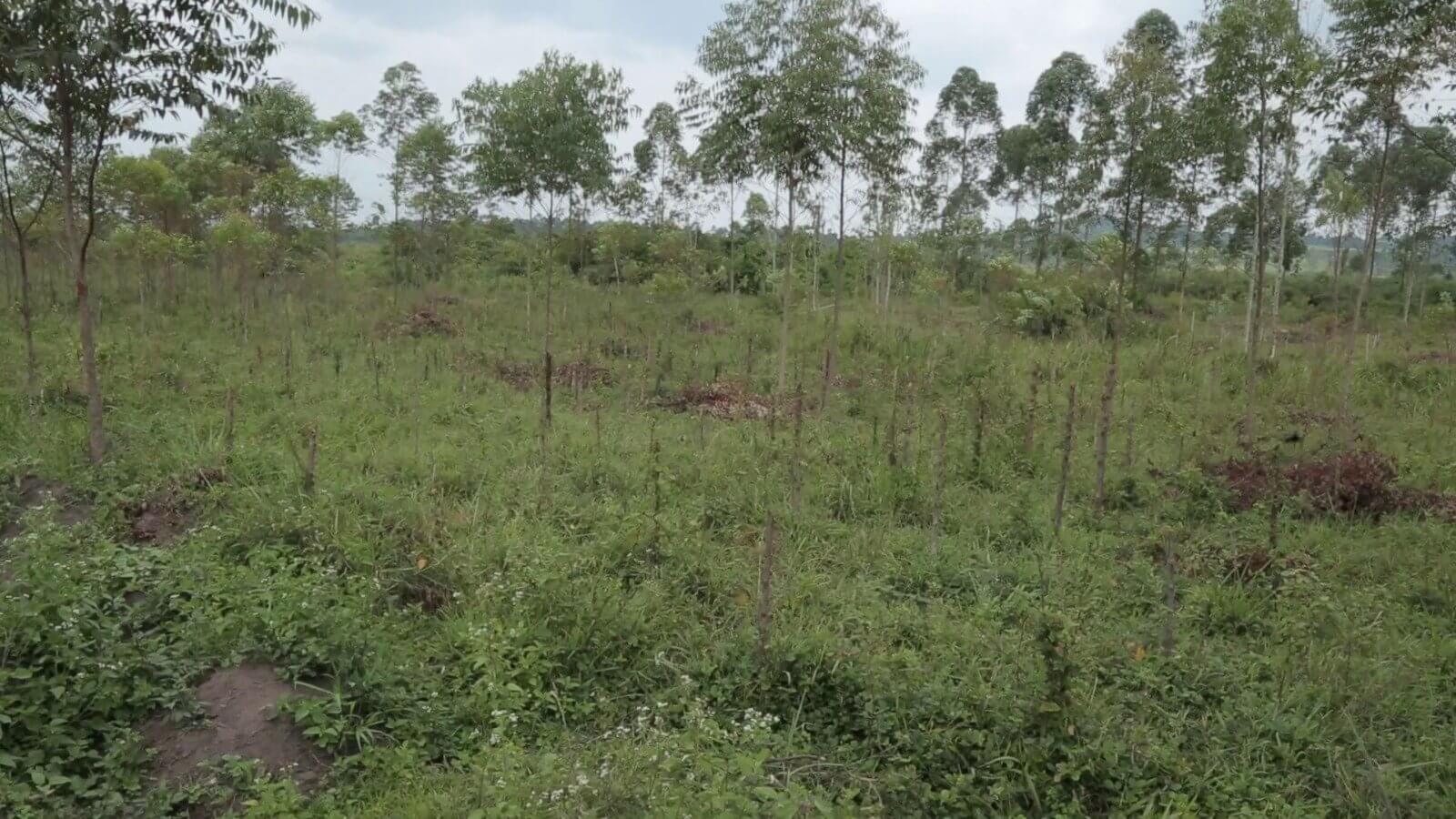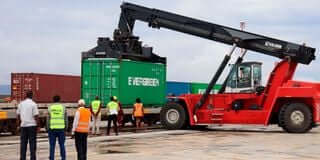The EU is supporting efforts in the Horn of Africa that will boost regional economic integration and trade. Djibouti’s major trading partner countries include Ethiopia and troubled Somalia. Trade Mark Africa is helping implement a single window system which is already in use across EAC. The EU has expressed its support for Djibouti’s plan to enhance connectivity within the Horn of Africa, a move that will promote trade with Ethiopia, one of the region’s biggest trade partners. This collaboration is in sync with the African Alliance for e-commerce, a consortium comprising 18 member countries, dedicated to advancing the Single Window concept. This alignment adheres to the recommendations set forth by international institutions. A pivotal project within the Alliance is the establishment of a Regional Single Window, designed to seamlessly interconnect all national platforms. The overarching goal is to streamline trade processes, bolstering the competitiveness of African nations on the global stage. The ninth edition of the International Single Window Conference went down in Djibouti from September 25 to 26. The conference focus was on investment opportunities and ongoing developments across the Africa that will enhance global trade efficiency. The EU’s involvement in the region is geared towards fostering regional economic integration and facilitating trade in line with the objectives outlined in the African Continental Free Trade Area (AfCFTA). A pivotal element of this partnership is the EU’s support for the Horn of Africa Initiative’s strategy, working in collaboration with the governments of the Republic of Djibouti and the Federal Democratic...
EU backs Djibouti in regional connectivity, increased trade
Posted on: October 5, 2023
Posted on: October 5, 2023

